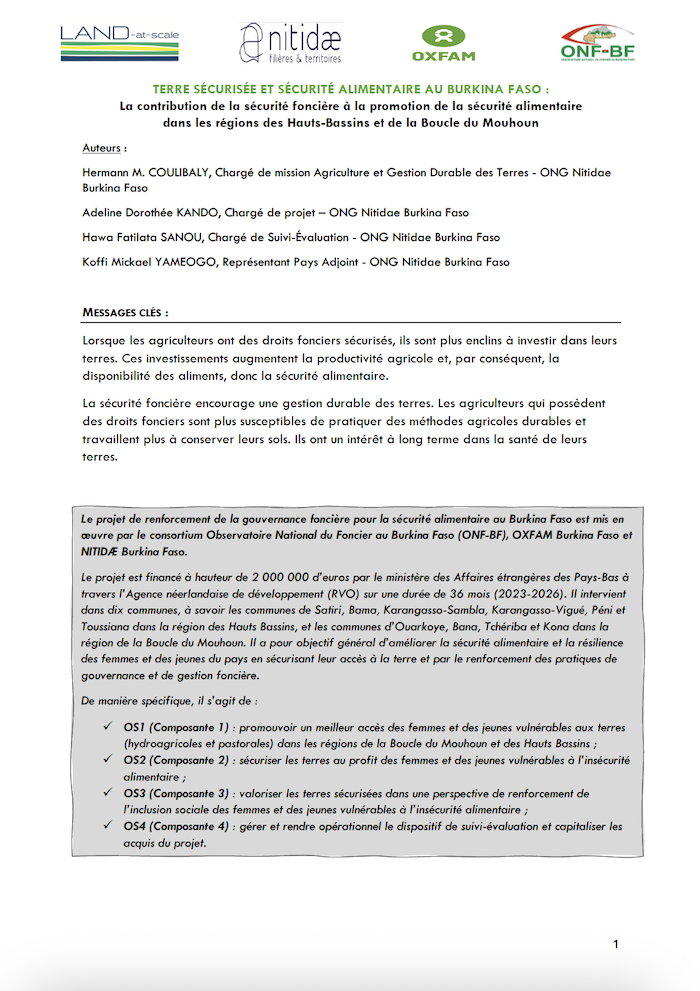Sustainable intensification and household dietary diversity in maize-based farming systems of Zambia and Zimbabwe
With only four years before the end date for the United Nations Decade of Action on Nutrition, the need to identify nutrition-sensitive and sustainable agricultural interventions that can address hunger and malnutrition cannot be more urgent. This paper assesses associations between sustainable intensification practices and dietary diversity in maize-based farming systems of Zambia and Zimbabwe.




